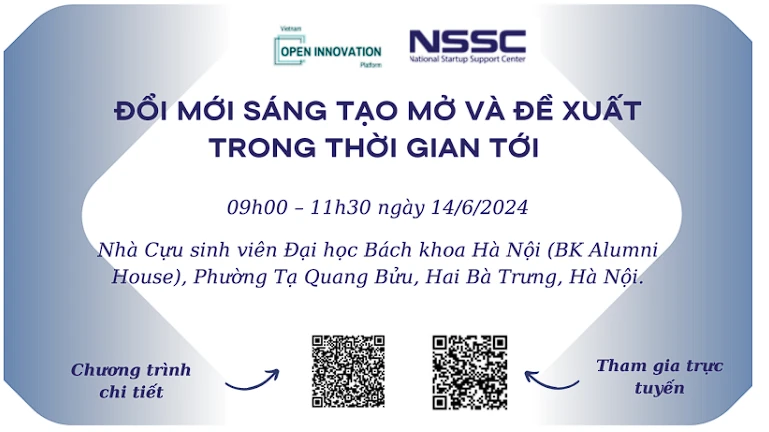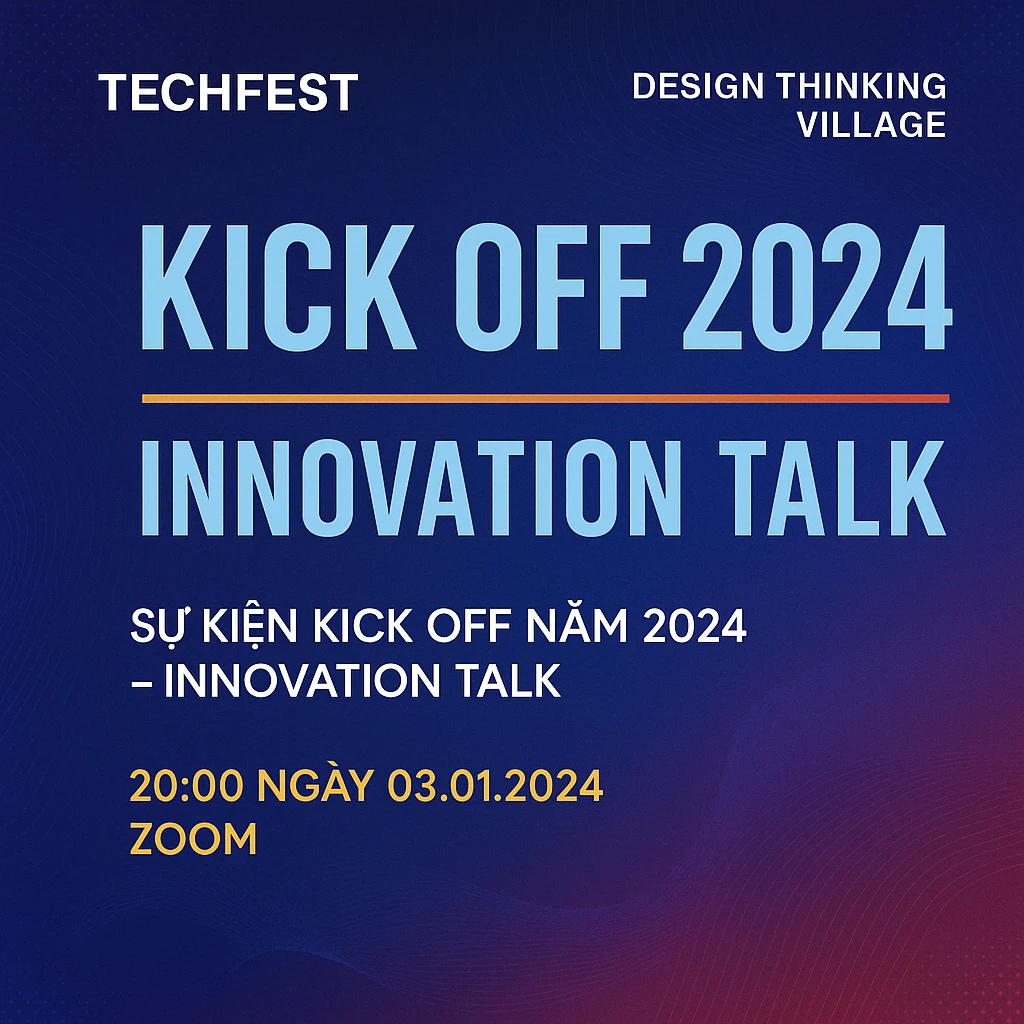In the volatile world of startups, an excellent idea, a strong team, or even a perfect plan is sometimes not enough to guarantee success. According to expert Lê Thái Dương, Co-Head of the Innovation Park Development Village at Techfest Vietnam, who has participated in various startup support programs, particularly in the Task under Project 844: “Supporting the capacity building of the private sector in training, incubation, networking, fundraising, and communication for innovative startups, and connecting Vietnam’s innovation startup ecosystem with the international community,” chaired by Vietnam Startup TV JSC, “understanding people” is the key factor. Classical economics often assumes that humans are rational individuals who always make decisions based on logic. However, in reality, emotions are the main driver of our behavior, especially in situations of risk, uncertainty, or lack of information.
Mr. Dương cited the effect of “loss aversion,” where the pain of loss is often far greater than the joy of gain. The perceived value of what is lost is always greater than the value of what is gained, leading to many illogical decisions in business. This explains why consumers tend to be conservative and resistant to change, even when better solutions are available. Startups that fail to grasp this are likely to stumble during market entry phases.

Mr. Lê Thái Dương, CEO of U2U Venture Builder, receives the Outstanding Entrepreneur – Intellectual of 2024 award
Optimizing the Customer Journey: The Key to Connection
From the perspective of behavioral science applied to startups, Mr. Dương particularly emphasized the importance of “optimizing the customer journey.” According to him, not only the product but also the customer approach — every touchpoint in marketing, communication, or customer service — must be designed based on actual user behavior.
There are two main strategies in this journey. One is to “lubricate behavior,” meaning making it easier for customers to act. The other is to increase “friction” to filter out unsuitable customer groups. Both strategies require a deep understanding of user psychology and responses at each stage.
Many startups make the mistake of treating customers as rational beings with predictable decisions. However, Mr. Dương analyzed that purchasing decisions are complex behaviors, heavily influenced by context, prior experiences, and irrational psychology. Users don’t decide based on the logical reasons we think they should; they respond emotionally, contextually, and sometimes due to unnamed fears. Therefore, startups must build customer personas based on actual behavior, rather than assumptions. He noted that many startups try to “force” users to behave a certain way instead of designing the journey around how users actually make decisions. As a result, products — despite good features — are not embraced simply because “people just don’t feel it.”

Mr. Lê Thái Dương advising a startup project
The Growth Mindset of Startup Founders
Startup is not an exact science, but rather a continuous journey of learning and adaptation. Even those who have succeeded multiple times must remain humble, avoiding stubbornness or excessive pragmatism if they wish to sustain success.
Beyond customer behavior, Mr. Dương also emphasized another type of “behavior”: the behavior of startup founders themselves. He believes that stubbornness, ego, or defensiveness against feedback are major barriers to learning and growth.
He often tests founders’ reflexes by giving direct feedback such as: “I don’t see anything special in this product.” What he observes is not the content of the debate but their reaction. A founder with a growth mindset will ask, “What do you think is missing? How should I improve?” whereas those who are not ready will make excuses or avoid the issue. The growth mindset here lies in how startups respond to things they don’t want to hear.
However, being open to feedback does not mean accepting everything. Mr. Dương argues that it requires the ability to critically evaluate advice based on data, experience, and clear goals — not emotion. Many young people are easily “swayed by the wind,” changing direction every time they hear a new mentor. Mr. Dương advises: “Listen to understand, not to change immediately.” Because startup is a journey of overcoming yourself. If you can’t overcome your ego, you won’t absorb real feedback from the market. And if you don’t listen to the market, failure is inevitable.
There are some painful and straightforward pieces of feedback such as: “No one needs your product.” If a founder can get through that shock, they will learn how to adapt and move forward. He shared that he has met many young people with a strong growth mindset who dared to say: “You’re right. I was wrong here and there. I will fix it” — and they progressed very quickly.
A Success Story Rooted in Understanding
Through participating in many startup support programs, expert Lê Thái Dương shared a successful startup case he once supported around 2020.
It was a young woman born in 1999 who began her entrepreneurial journey as a final-year student of the high-quality program at Banking Academy. She applied and was accepted into OnMar, a company providing e-commerce solutions for major corporations in Vietnam. Initially, she was very dynamic but also under great pressure, as the startup environment was truly intense — she had to study, work, and prove her capabilities all at once.
Mr. Lê Thái Dương provided support and guidance, not just in professional skills but primarily in reshaping her thinking: from understanding who the customer is, what their journey looks like, to clarifying the value she brought at each stage of the value chain.
“After leaving OnMar, she was invited by a partner to set up a digital office, and from there, she founded her own company specializing in e-commerce consulting and implementation for major brands. Some time later, her startup was acquired for over USD 400,000 — and she was just over 24 years old at the time,” Mr. Dương recalled. “What impressed me most was not the number, but how she matured: very proactive, very open to feedback, capable of critical thinking, and above all, committed to real work. Not just ‘pitching’ to raise funds, but creating real value and selling it to the right people.”
From this example, it is clear: Startup is a real-world problem-solving exercise. The best founder is not the one with the fanciest product, but the one who solves the right problem for the right buyer, at the right time. And sometimes, opportunities don’t come from the “market” at large, but from a specific need closely tied to a particular ecosystem or supply chain.





